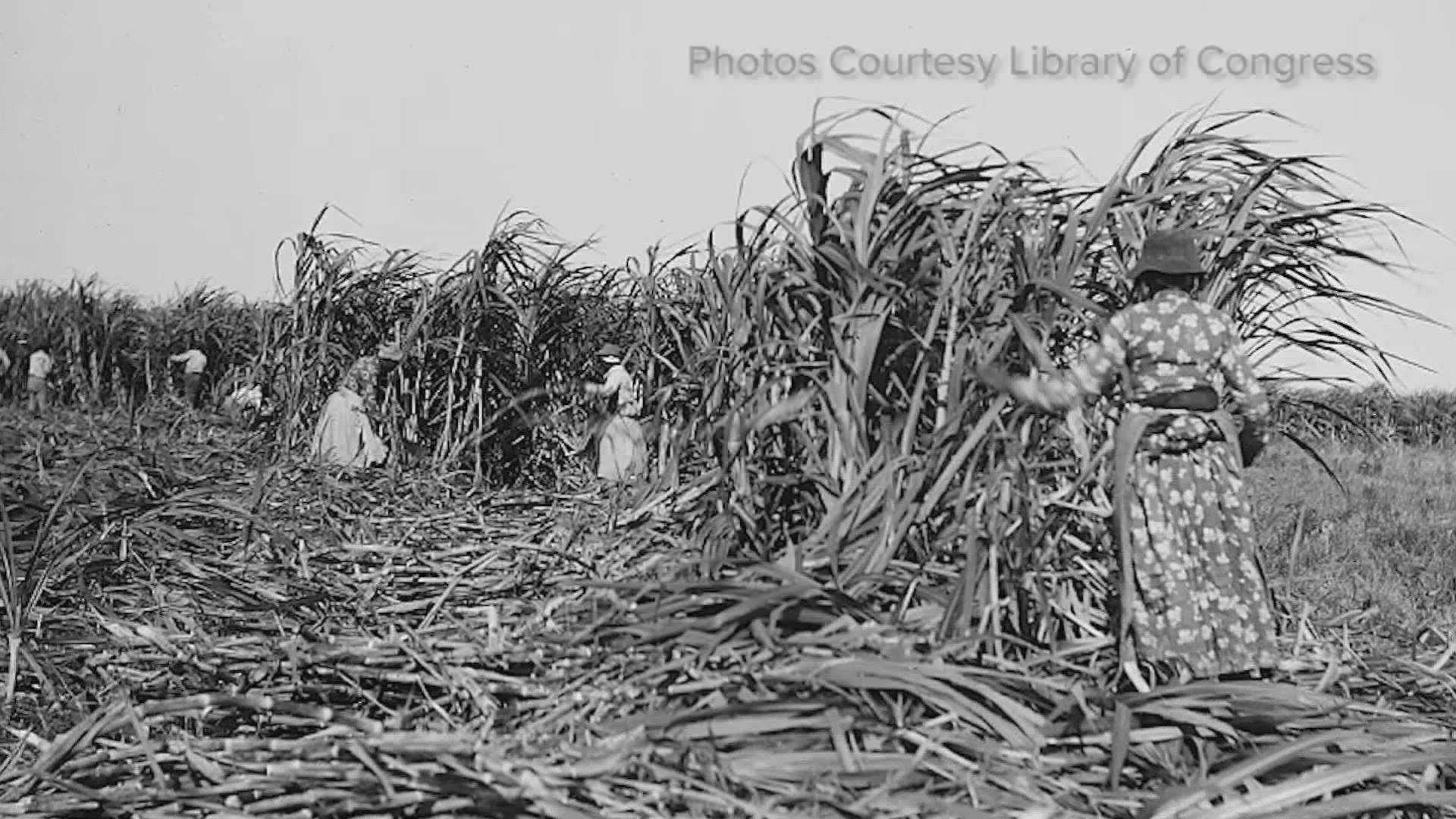THIBODAUX, La. — Just 135 years ago, roughly 60 Black men and women were killed in what is now known as the Thibodaux Massacre.
Only eight of their names were read at this year's memorial. The majority of them are lost to history after their bodies were buried in an unmarked, mass grave after the shooting.
But through the descendants of survivors, their story lives on.
"The momentum is growing," Khalil Ferdinand, who hosted the memorial, said. "Every year we do this remembrance and every year it's getting bigger and bigger."
On Nov. 23, 1887, a mob of white vigilantes fathered to break a month-long strike by sugar plantation field hands, many of them formerly enslaved.
That mob gunned down the Black workers, killing around 60 men and women and wounding several others. One of those survivors was Wiletta Ferdinand's great, great grandfather Jack Conrad.
“He crawled up to the house and pretended to be dead," Ferdinand said. "That’s how he survived. But his son, who was 19, was killed and his brother was also killed.”
Growing up in Louisiana, Ferdinand had no clue about her lineage. In fact, she'd never heard about the massacre until she went to grad school in Washington D.C.
"I grew up with my grandmother coming here every summer," she said. "My uncles knew, but they never said anything."
It's one of the reasons she founded the Jack Conrad Thibodaux Massacre Foundation -- and why opening the Thibodaux Veterans Museum is so important to her.
Ground was broken on the museum on Wednesday. The project is dedicated to the Black Civil War veterans who were killed in the massacre, as well as those who serve to this day.
"This museum will be an eye opener for not just Thibodaux, but I think a lot of places like Thibodaux where there are hidden agendas against Black people in history," Ferdinand said.
A history that will finally be told in Louisiana.
► Get breaking news from your neighborhood delivered directly to you by downloading the new FREE WWL-TV News app now in the IOS App Store or Google Play.

